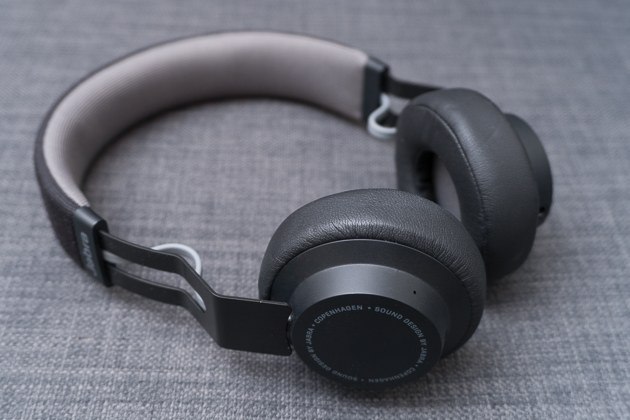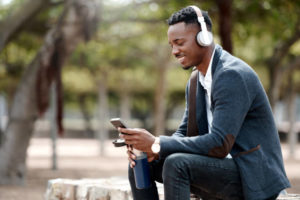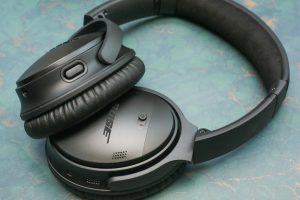You would agree with me why I say that Bluetooth technology has played a vital role in the way we enjoy wireless audio and video materials from our smartphones and computers, through speakers, earbuds, and headphones. Bluetooth-powered earbuds, speakers and headphones, provide us with maximum ease of use and convenience – this is why they have soared in popularity over the last few years. It is, however, important to note that all of these advancements in technology came at a cost.
At what cost, you may ask? Well, sound quality. When you use a Bluetooth headphone or earbud, the audio played on your device is encoded by your device and decoded by your headphone or earbud. In this process of audio transfer, something called compression happens. Compression is an algorithm in which certain audio frequencies get compressed to reduce the audio size. Frequencies that are removed, in most cases, are inaudible to the human ear.
Types of Compression
There are two types of digital audio file compression: lossy and lossless audio compression. The compression technique for lossy is to throw away some data from the original file to reduce the file size and save space, while lossless allows for the reconstruction of the original audio data from the compressed data, thereby, not losing the original sound quality.
But why does Bluetooth use the lossy compression technique instead of the lossless, that obviously offers better sound quality? Experts say the reason for this is that Bluetooth’s data rate is too low for lossless Bluetooth audio.
Bluetooth Lossless Audio
To solve this, Qualcomm has announced that it is bringing lossless audio technology to Bluetooth. Qualcomm calls it the Qualcomm aptX™ Lossless audio technology. This technology is designed to deliver ‘CD-quality‘ 16-bit 44.1kHz lossless audio quality over Bluetooth wireless technology. The promise? Superior sounds on Bluetooth headphones, speakers, and TWS earbuds (better than the sound you’ll get from traditional Bluetooth headsets). It is, however, still not the highest out there (Apple Music Hi-Res, for instance, supports 24bit 196kHz audio).
If Qualcomm pulls this off, Bluetooth will no longer be the main obstacle to higher-quality audio. The limitations will most likely now come from your device and the audio source (the music streaming service you use).
The Qualcomm aptX™ Lossless audio technology will be coming with a long list of hardware requirements when compared to existing standards. Do you think hardware (headphone, speakers, and TWS earbuds) manufacturers will be willing to invest in this technology or they’ll consider the current wireless audio quality good enough? Tell us in the Comments section below.












